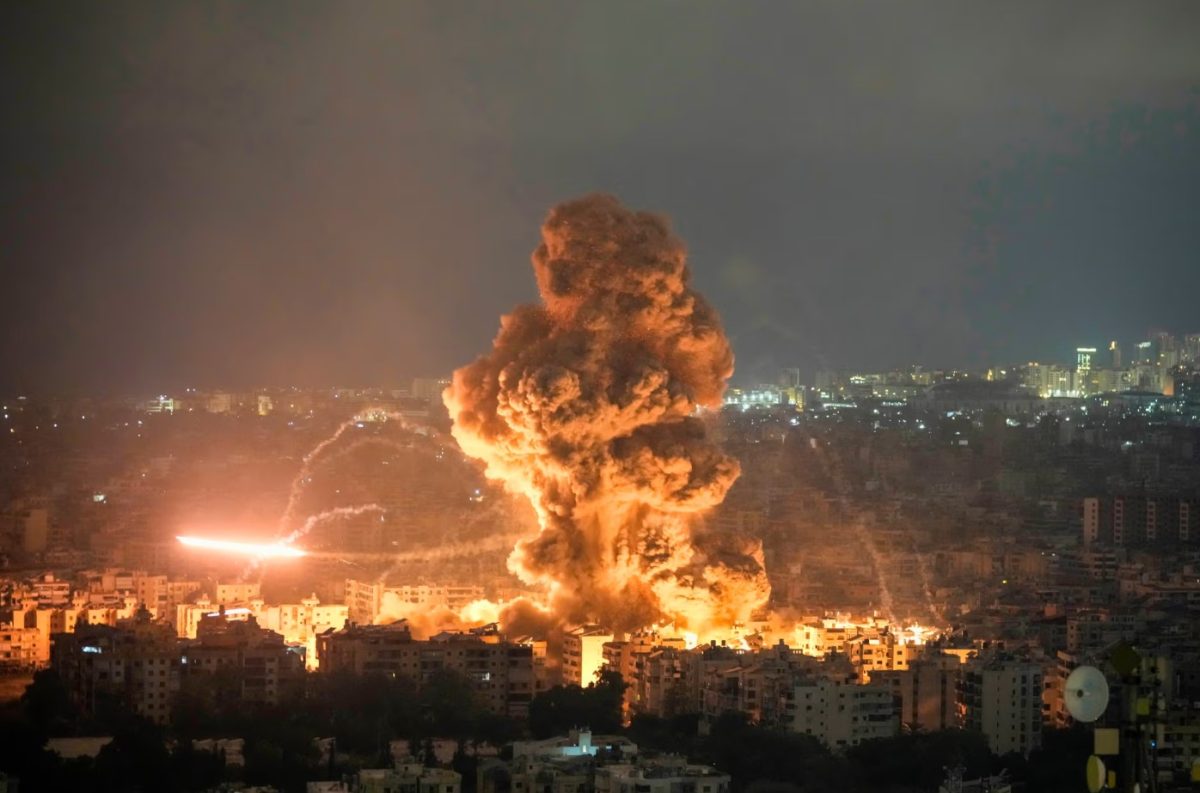The ceasefire began at 4am local time (02:00 GMT) on Wednesday amid concerns about whether the truce would hold and lead to the permanent end of fighting between Israel’s military and Hezbollah fighters.
“The fighting across the Lebanese-Israeli border will end… This is designed to be a permanent cessation of hostilities,” Biden said when announcing the agreement on Tuesday night.
“Civilians on both sides will soon be able to safely return to their communities and begin to rebuild their homes, their schools, their farms, their businesses and their very lives,” Biden added.
Hezbollah, which did not participate in any direct talks on the ceasefire – with Lebanese parliamentary speaker Nabih Berri mediating on the group’s behalf – has yet to formally comment.
Lebanon’s caretaker Prime Minister Najib Mikati said he told Biden that he welcomed the deal to end hostilities between Hezbollah and Israel.
Israeli Prime Minister Benjamin Netanyahu also told the US president that his government had approved the truce and that he appreciated his “understanding that Israel will maintain its freedom of action in enforcing it”, his office announced.
As part of the ceasefire agreement, Israel will “gradually withdraw” its forces from southern Lebanon over the next 60 days, and the Lebanese Army and state security forces would deploy to the territory.
Biden released a joint statement with French President Emmanuel Macron, emphasising that both countries “will work with Israel and Lebanon to ensure this arrangement is fully implemented and enforced”.
The US and France also committed “to lead and support international efforts for capacity-building of the Lebanese Armed Forces as well as economic development throughout Lebanon to advance stability and prosperity in the region”.
Lebanon began striking Israel on October 8, 2023, in solidarity with Palestinians in Gaza. Cross-border attacks persisted for months. Then, at the start of last month, Israel invaded southern Lebanon.
At least 3,768 Lebanese have been killed and 15,699 wounded since the fighting began.
Ahead of the anticipated ceasefire, Israel’s bombardment of Lebanon continued to rage on Tuesday, with Israeli warplanes pounding Beirut’s southern suburbs.
The ceasefire announcement comes in the waning days of Biden’s term. US Republican President-elect Donald Trump is set to take office on January 20.
